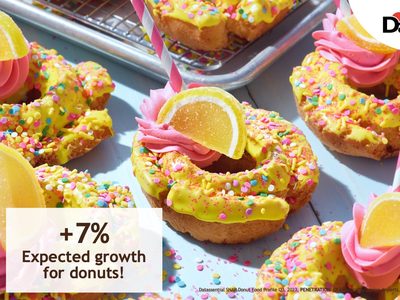According to new research from Mintel, two in five (40%) American consumers today are worried about how the COVID-19 pandemic will affect their lifestyle. This changes with age, as older consumers are generally less concerned about lifestyle changes due to the pandemic: 50% of Generation Z, 43% of Millennials, 38% of Generation X, and 37% of Baby Boomers.
Mintel research also shows that consumers in the West (46%) and South (43%) show more concern about the effect the outbreak will have on their day-to-day life, while 36% of consumers in the Northeast and 32% in the Midwest say they are worried about potential changes.
“Our new research shows that a large minority of the U.S. population is concerned about the changes the COVID-19 pandemic will create for their lifestyle. We fully expect that worry will continue to rise as US states enforce increasingly stringent social distancing measures,” says Marissa Gilbert, Associate Director, U.S. Reports – Health and Wellness, at Mintel. “But, as the days and weeks go on, consumers will begin to settle in and crave a sense of normalcy. They will look to companies and brands as a beacon for guidance and support in navigating what’s next, creating opportunities across industries.”
While much is out of their control when it comes to the coronavirus, consumers are focused on taking proactive measures about the things that are within their control, such as preparing their home and personal hygiene. 63% of Americans say they are washing their hands more often, 46% are using hand sanitizer more often, and just 24% say they are stocking up on groceries/other supplies.
“Our research shows that most consumers are being proactive and making small, manageable changes to their day-to-day lives in order to ensure their health and wellness and that of those around them, for example washing their hand more often. However, while we’re seeing images of consumers stockpiling toilet paper and frozen foods on the news and social media, in reality, only a small percentage are taking those more extreme steps,” Gilbert says. “In fact, our research shows that 20% of Americans haven’t made any changes as a result of the outbreak. We do expect this number to decrease in the coming days and weeks, but for now, it shows that education and support are two important considerations for brands when strategizing how they are speaking to consumers during these uncertain times which will help ease consumer worry.”
Mintel suggests that companies and brands are faced with challenges and opportunities to better engage with consumers and meet their changing needs.
“Now, more than ever, it is a great time for brands to get involved in consumers’ daily lives. Though there is moderate concern, brands can still assure consumers with ways to prepare, prevent, or treat amidst a wider spread outbreak. Brands are also stepping up to help consumers feel more at home, while at home,” Gilbert says.





